Want to know what’s happening on the
inside? Take a look in the mirror and read the signs.
Anyone ever told you that your face was
like an open book? Well, they were right. A healthy glow begins on the inside,
so when your vitality starts to take a turn for the worse it often becomes
evident in your appearance.
Scrutinizing your facial features can
reveal vital clues about your health, from hormone imbalances to your risk of
heart disease, so it’s time to get up close and personal with your reflection.
Read on to decode your body’s warning signs.
Spotty skin
It’s saying: Your hormones need help
Your skin tells a detailed story of your
inner vitality. If it’s dull, your cells may be dehydrated. Spots on your chin?
Hormone fluctuations are the likely culprit. As we age, estrogen levels drop
which can encourage breakouts. Elevated levels of testosterone are also often
to blame for acne flare-ups, particularly around the chin and jaw. As a rule,
the appearance of spots can vary from day to day, getting worse before
menstruation or during ovulation.
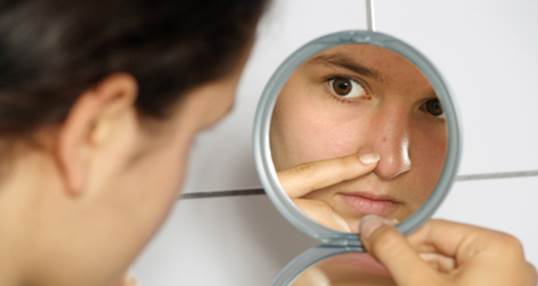
If
it’s dull, your cells may be dehydrated.
Reverse the damage: Drink at least two
liters of water a day to stay hydrated, adding a squeeze of lemon to kick-start
your liver, which is the body’s main channel of detoxification. Sip on herbal
teas such Pukka Detox ($3.4, pukkaherbs.com) and reduce caffeine, alcohol and
sugar. Finally, eat beta-carotene-rich apricots, carrots and butternut squash
and try calming the affected area with soothing lavender oil diluted in warm
water.
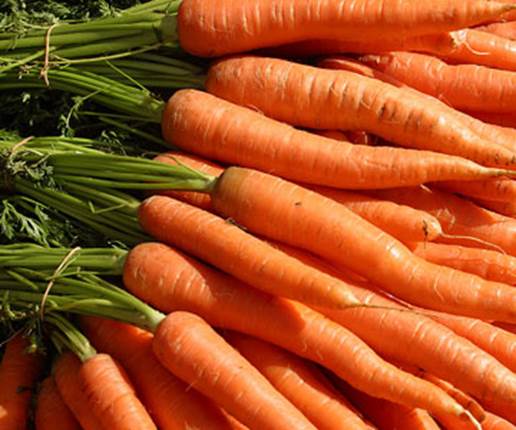
Finally,
eat beta-carotene-rich apricots, carrots and butternut squash and try calming
the affected area with soothing lavender oil diluted in warm water.
Earlobe creases
It’s saying: Take care of your ticker
Heart disease is the single biggest killer
of women in the UK, according to the British Heart Foundation, and now there’s
new evidence backing the theory that your predisposition to heart disease is
written in your appearance. In 2012, Danish researchers found that creased earlobes,
which are thought to occur as a result of collapsed blood vessels, are a
possible predictor of cardiovascular problems. The scientists found that when
earlobe creases were combined with yellow fatty deposits around the eyes and a
receding hairline, the risk for heart disease was increased by 39 per cent in
men and women.
Reverse the damage: The most crucial step
for slashing your odds of heart disease is eating a healthy diet. Pile your
plate with oily fish rich in omega-3, such as sardines and salmon - this will
help keep triglyceride levels in check. Fiber-packed oats and antioxidant-heavy
fruit and veg - think apples, berries and spinach - are also essential. Take a
supplement such as NHP Omega 3 Plus ($41.7, naturalhealthpractice.com) to boost
your intake of essential fatty acids, too.
Thinning hair
It’s saying: Stress might be taking its
toll
It’s normal to shed around 100 strands a
day, as hair goes through different growth and resting periods, but if your
tresses are falling out at a faster rate than usual it’s time to take action.
An estimated 8 million women in the UK suffer hair loss, and although it’s more
likely to happen after the menopause when your estrogen levels drop off, hair
loss can occur any time from puberty onwards. In particular, female pattern
baldness, where hair thins on the top and crown of the scalp, affects many
women and can simply be down to genetics. However, it can also be a result of
hormone imbalances and stress.
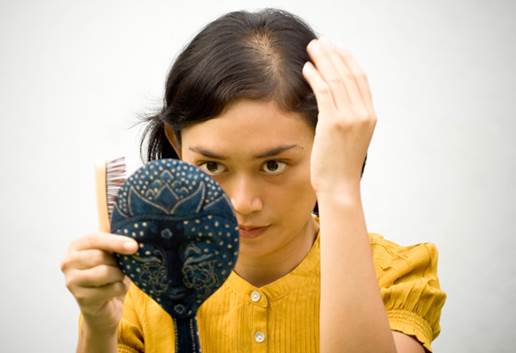
It
can also be a result of hormone imbalances and stress.
Reverse the damage: Cleaning up your diet
can have a positive effect on sparse strands. Start by increasing your protein
intake through fish, meat and veggie sources like lentils and beans to
supercharge your hair growth. Boost your levels of hormone-balancing zinc with
plenty of nuts and shellfish, and lather your hair in Aveda lnvati Scalp
Revitalizer ($64.5, aveda.co.uk), which contains a blend of circulation
boosting herbs. Turn to page 102 for more healthy hair tips.
Twitching eyes
It’s saying: You may lack minerals
Twitching eye driving you crazy? Although
harmless, uncontrollable eyelid twitches (also known as myokymia) can speak
volumes about your body’s nutrient status. It’s thought that twitches are
caused by mineral deficiencies, causing eyelid muscles to spontaneously
contract. Increasing your intake of magnesium could help. This essential
mineral acts as a relaxant, gently calming overstimulated muscles.
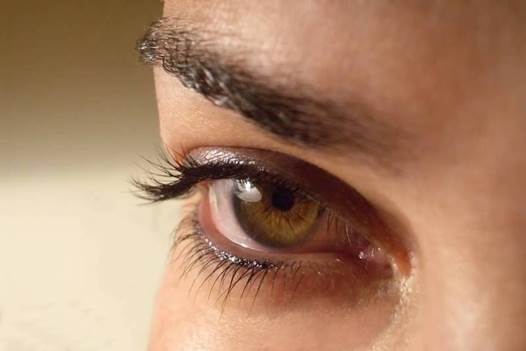
Try
to cut back on your time in front of the computer, as it could be contributing
to eye strain.
Reverse the damage: Magnesium-rich foods
are a major player in combating twitches so nibble on kale, Swiss chard, nuts
and whole grains and take a magnesium supplement such as BloCare’s Magnesium
Tau rate ($21.22, biocare.co.uk). Try to cut back on your time in front of the
computer, as it could be contributing to eye strain.
Thin eyebrows
It’s saying: Your thyroid could be sluggish
Take a close look at your arches. While not
all of us are naturally blessed with lush brows like Brooke Shields, noticeably
thin eyebrows (particularly on the outer edges) could point to an
under-functioning thyroid gland. The thyroid gland releases hormones that
control your metabolism. Along with thin eyebrows, other signs of an
underactive thyroid can include weight gain, fatigue, sensitivity to coldness
and aching muscles. If you suffer from multiple symptoms, talk to your GP and
ask to have your thyroid tested.
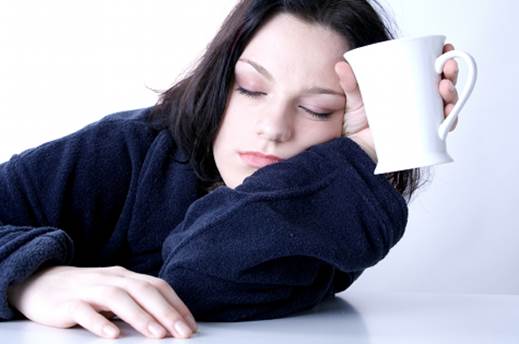
It’s
saying: Your thyroid could be sluggish
Reverse the damage: Along with specific
thyroid medication, diet can help to stimulate a sluggish thyroid. As a general
guideline it’s important to make sure you have enough iodine, found in fish and
sea vegetables, on your plate. Selenium is another important mineral which
manufactures thyroid hormones, so munch on Brazil nuts daily to reach your
quota. When eaten raw, some veg can interfere with thyroid hormone synthesis -
cruciferous veg in particular, so watch out for broccoli and cauliflower. If
you’ve been diagnosed with an underactive thyroid, talk to a nutritionist for
dietary advice.
Cracked lips
It’s saying: You need to drink up!
Dry, cracked lips? The skin on your lips is
thinner than other parts of your body, making it more vulnerable to breaking.
Cracked, inflamed lips (a condition known as angular cheilitis) is a common
complaint when cold weather hits, and often a result of dehydration thanks to
overheating. Take a close look at your lips: if they’re cracking at the sides
you could be low in vitamin B or iron.
Reverse the damage: Keep your pout soft and
supple with Dr.
Organics Rose Otto Lip Serum ($6.1, Holland
& Barrett) and make sure you chow down on plenty of iron-rich kale,
spinach, beef and chicken, as well as vitamin B-packed whole grains, nuts and
eggs.